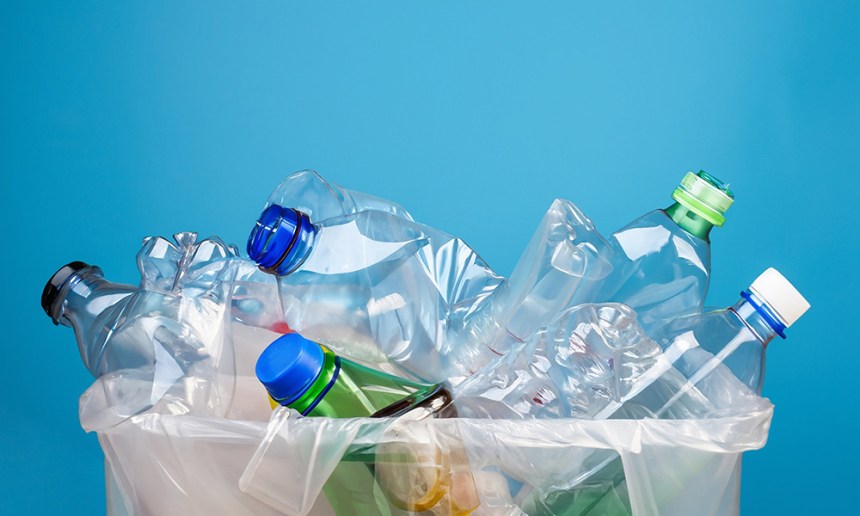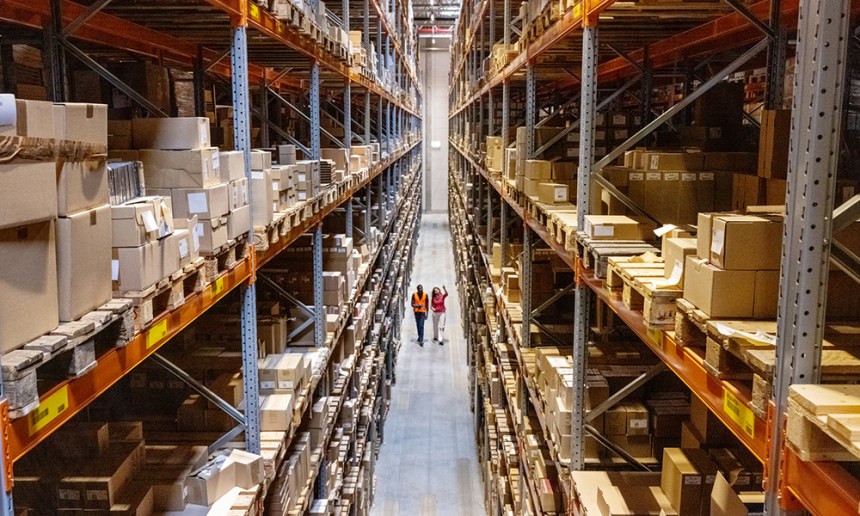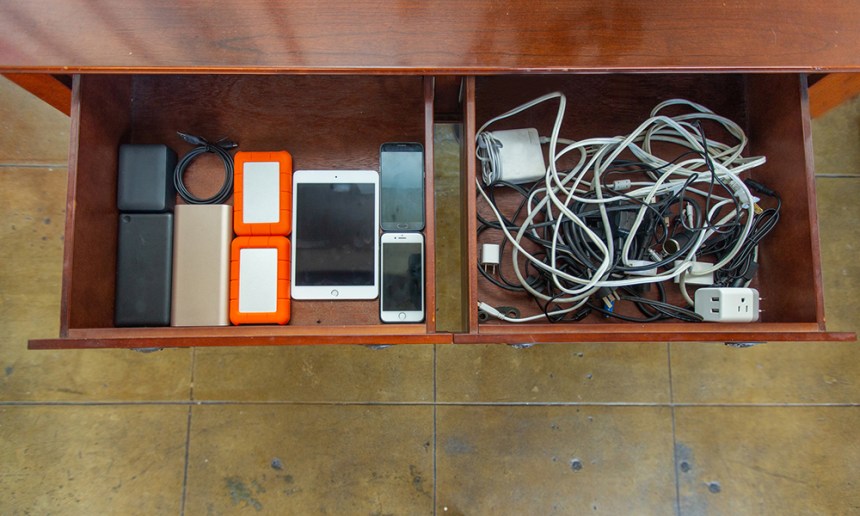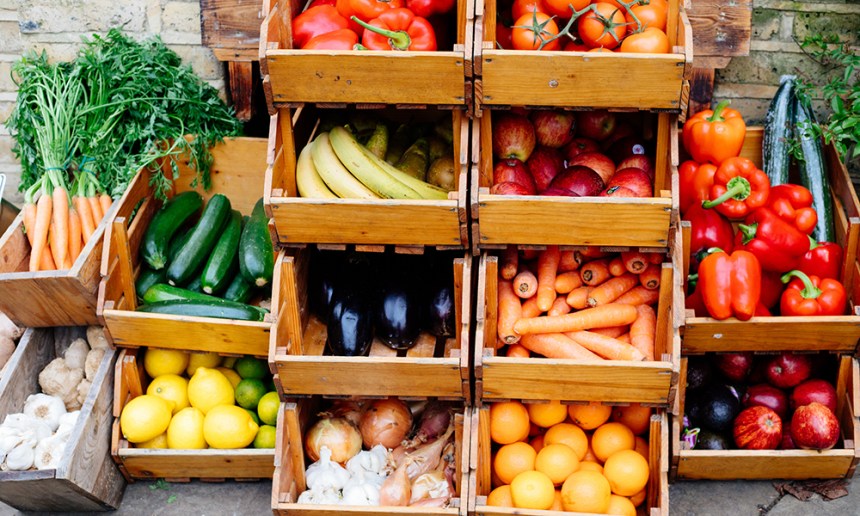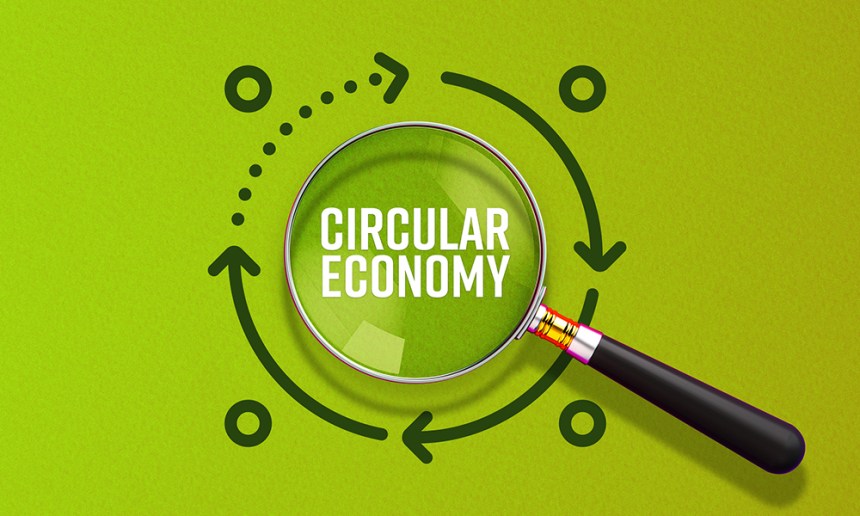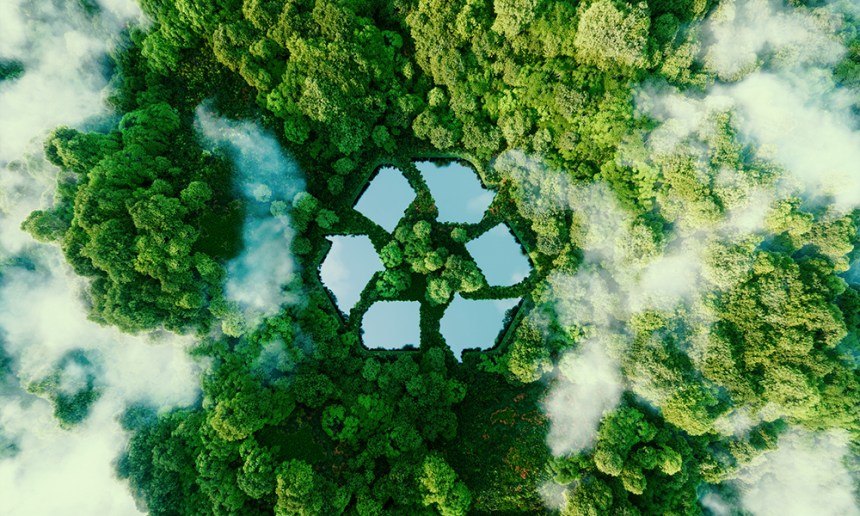Economy
WRAP seeking new CEO as Harriet Lamb leaves for Green Party
Harriet Lamb has resigned as CEO of WRAP to become the CEO of the Green Party of England and Wales, sparking the search for her successor. Lamb will leave the global environmental action NGO (non-governmental organisation) WRAP at the end of May. Harriet Lamb said the decision to leave WRAP was extremely difficult. The Chair of WRAP, Sebastian Munden, said Lamb is leaving the organisation on a “strong footing”. “We are grateful to Harriet for all her work at WRAP and understand her decision to leave reflects a deeply held personal passion,” Munden commented. “Together, we remain focused on accelerating the growth of the circular economy with all…
EU’s plastic recycling industry at “breaking point”
The European Union’s plastic recycling industry is at a “breaking point”, Plastic Recyclers Europe says. Plastic Recyclers Europe said a sharp decline in domestic production, increased imports, and rising economic pressures are forcing company closures. Plastic Recyclers Europe, which represents European plastics recyclers who reprocess plastic waste, warned of “severe consequences” across the entire value chain. “Now more than ever, decisive action is essential,” Ton Emans, President at Plastics Recyclers Europe, said. “We urge EU policymakers to take a fast and strong political stance, introducing effective import controls and enforcing existing legislation, including the restriction of importing materials which do not meet equivalent EU sustainability and safety standards.” We…
It’s time for the circular economy to get dirty
Founder of Hubbub and Sizzle Trewin Restorick explains why its time to start treating food and green waste as a valuable resource, not a mess to be disposed of. The government has announced a new independent expert advisory group to offer guidance on how best to create a circular economy. It will have plenty to explore with electronics, fashion and packaging likely to grab their immediate attention. But maybe they should look at less discussed and grubbier materials to deliver on their ambitions to create green growth, maximise UK resource use, and support the transition to net zero. Trewin has written before about how his new sustainable venture Treasure…
Two weeks left for businesses to submit 2024 pEPR data
Obligated businesses must submit 2024 packaging data by 1 April 2025 under the new extended producer responsibility for packaging (pEPR) scheme. Under legislation which came into force on 1 January 2024, large organisations must submit their July-December 2024 data by 1 April. Small organisations must submit their January-December 2024 data in one annual submission by 1 April. Both large and small organisations must also register with their environmental regulator by the same date. If obligated packaging producers have not reported their data or registered, they could face enforcement action. The Department for Environment, Food and Rural Affairs (Defra) said the data producers provide will be “crucial” in helping to…
Making the packaging supply chain smarter
Alice Rackley, CEO of Polytag, explains how the evolution in barcode technology can make packaging supply chains smarter and increase visibility. Alice Rackley, CEO of Polytag, has written in Circular Online about the untapped potential of Digital DRS tech. It’s a common misconception that circularity simply equals recycling more. Instead, think of the supply chain as a never-ending game of “pass the parcel”. To achieve a circular fast-moving consumer goods (FMCG) economy, we must carefully assess each step, especially the industry’s role in delivering products to consumers and reclaiming them for recycling and recovery. This requires better connectivity and optimisation across the chain. The FMCG industry must focus its…
UK households could make £638 by recycling their unused tech
UK households could make £638 by recycling their unused tech devices, according to new research from Virgin Media O2. The findings were released to coincide with Global Recycling Day (18 March) and show households are missing out on an average of £638 from recycling their unused tech. The research estimates 92 million electrical devices – including phones, tablets, smartwatches and gaming consoles – have been thrown in the bin in the last five years, costing the average household £370. Despite 65% of people saying they understand the environmental impact of throwing electronics in the bin, 79% admit to discarding devices along with their general rubbish. Unused devices stashed in…
Defra’s £15 million food surplus fund now open for applications
Food redistribution charities can now submit applications for a new £15 million UK Government scheme to help ensure surplus food is redistributed. The new Tackling Food Surplus at the Farm Gate scheme aims to strengthen links between farms and charities to reduce food surplus on farms. Applicants can apply for grants starting from £20,000 by outlining how they intend to form relationships with farmers to access surplus food, and how they would seek to increase their capacity to redistribute this food to communities. The funding can go towards purchasing new packaging and labelling equipment and vehicles to move goods from farms to a redistribution organisation, as well as new…
Producers should prepare for recyclability assessments now
Packaging Sustainability Specialist at Ecosurety Alison Appleby explores how the new recyclability assessment is shaking up the packaging industry and why producers should prepare now. With the final version of the packaging Recyclability Assessment Methodology (RAM) released by government in the last week of 2024, businesses are now starting to wrap their heads around the additional work required to use the RAM and the impact it will have on them. What is the RAM? The Recyclability Assessment Methodology (RAM) is the mechanism through which large producers (those companies with a turnover greater than £2 million and that supply or import more than 50 tonnes of packaging in the UK)…
Can regulation unlock a circular future for construction & textiles?
Ahead of this year’s Festival of Circular Economy, Circular Online asks whether targeted legislation and regulation could be the missing link in accelerating the UK’s transition to a circular economy in the construction and textiles sectors. Regulation is often seen as both a catalyst and a constraint. Yet, as the UK urgently strives toward a circular economy, particularly within the high-impact sectors of construction and textiles, thoughtful legislation may be exactly what is needed to drive transformative change. The importance of this debate will be explored in depth at this year’s Festival of Circular Economy, with sessions highlighting regulatory innovation, collaboration, and best practices across industries. The theme for…
Ellen MacArthur Foundation report calls for global reuse targets
A new Ellen MacArthur Foundation on reuse in the Global South has called for countries to set clear definitions and targets for reuse systems. The Ellen MacArthur Foundation’s report, written in partnership with WWF, explores the possibilities for reuse in the Global South by highlighting case studies of how companies in this region are using reuse models. The Reuse in the Global South report says companies in the Global South are facing common challenges to scaling reuse solutions. The Ellen MacArthur Foundation highlighted that these challenges include access to finance required for upfront infrastructure investments and regulatory restrictions on delivering certain products in reusable packaging. The case studies also…




